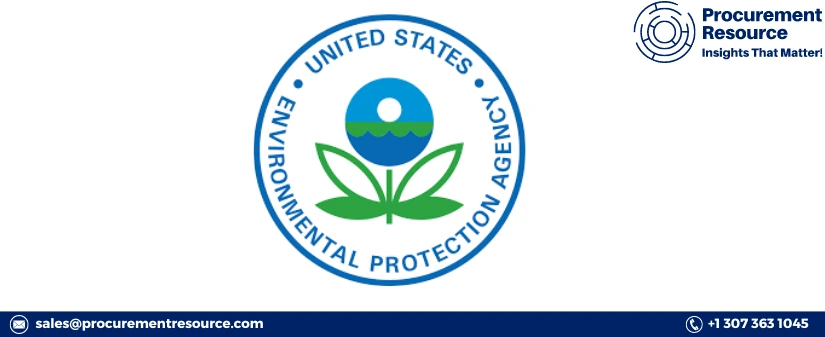Seven Seas to get juridical shield amid consideration of agreement between EPA, DOJ, and MDEQ with the firm

The U.S. Environmental Protection Agency (EPA), in conjunction with the U.S. Department of Justice (DOJ) and the Mississippi Department of Environmental Quality (MDEQ), is considering a new agreement with Seven Seas Terminals. This pact concerns the previous plant segment of the Mississippi Phosphates Corporation (MPC) Superfund site situated in Pascagoula, Mississippi.
The MPC site, a former diammonium phosphate (DAP) fertilizer facility, began operations in the 1950s and shut down in December 2014. This closure left behind a legacy of tainted wastewater and affected ground conditions. The contamination resulted mainly from past phosphate ore procedures involving phosphoric and sulphuric acid operations. Predominant contaminants include heavy metals, radium-226, and acidic soil conditions. Moreover, the groundwater beneath displays heightened metal levels and acidity.
After MPC declared bankruptcy in 2014, an environmental trust took over wastewater treatment. However, the EPA stepped in when the trust went bankrupt, subsequently adding the site to the Superfund National Priorities List in January 2018. The EPA has since been managing a costly cleanup operation.
Seven Seas Terminals intends to buy and repurpose the old MPC production site into a dry bulk storage and tank terminal facility. This redevelopment, which includes demolition and construction, is expected to span several years, eventually generating 25-30 job opportunities.
The proposed agreement stipulates that Seven Seas will oversee the removal of the sulphuric acid plants and decide on either the demolition or reuse of the phosphoric acid plant, DAP plant, and two storage warehouses. Furthermore, the company will be required to place an impenetrable cap for containment in the intended tank terminal area. They must also manage soil testing under demolished structures, ensuring proper treatment or containment of areas outside the capped region. The deal also obligates Seven Seas to cover the EPA’s oversight expenses and grants the agency ongoing site access for further response actions.
In return, Seven Seas will receive legal safeguards against liabilities associated with pre-existing contamination. This proposed arrangement is open for public feedback until 20 September.



